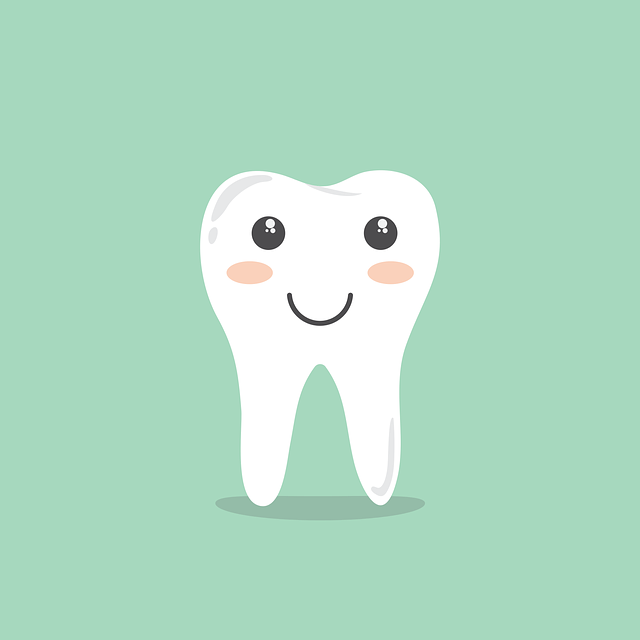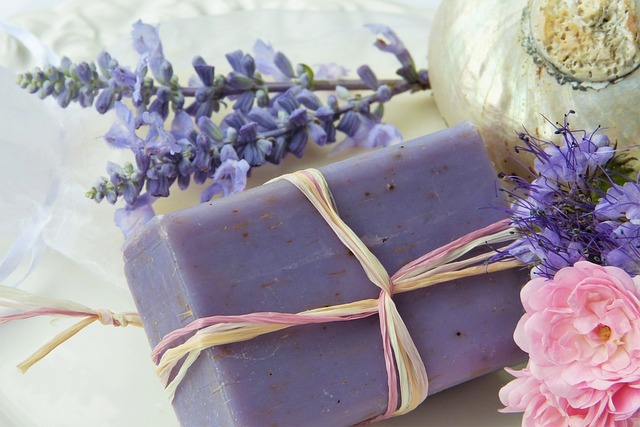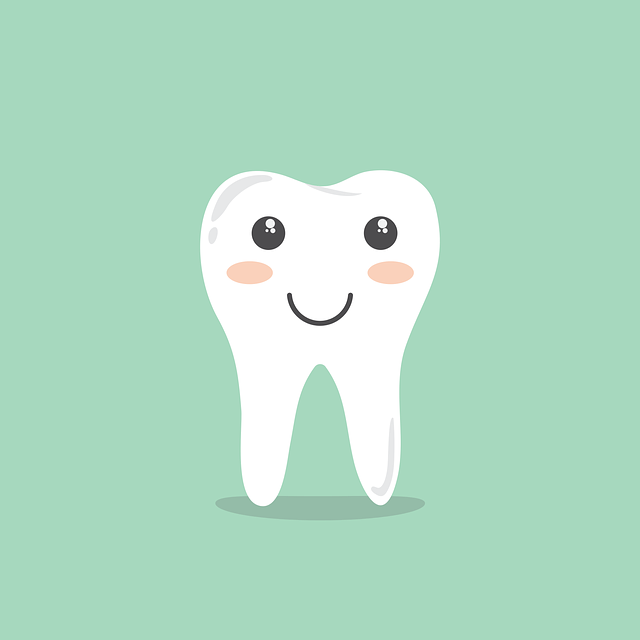Get ready to uncover the truth behind the lifespan of porcelain veneers. From determining factors to maintenance tips, this article has all the insights you need to make them last a lifetime.
1. Introduction: Understanding the Lifespan of Porcelain Veneers
Porcelain veneers are a popular cosmetic dental treatment used to enhance the appearance of teeth. They are thin, custom-made shells that are bonded to the front surface of teeth, providing a natural-looking and durable solution to various dental imperfections. Understanding the lifespan of porcelain veneers is essential for patients considering this treatment, as it impacts the longevity and maintenance required.
There are several factors that can influence the lifespan of porcelain veneers:
- Proper oral hygiene: Maintaining good oral hygiene practices, such as regular brushing and flossing, can significantly prolong the lifespan of veneers. Brushing with a non-abrasive toothpaste and using a soft-bristled toothbrush will help prevent damage to the veneers.
- Avoiding excessive force: Porcelain veneers, while strong and durable, are not indestructible. Avoid habits such as nail-biting, chewing on hard objects, or using teeth as tools, as these can lead to chipping or cracking of the veneers. Habits like teeth grinding, known as bruxism, should also be addressed, as they can significantly reduce the lifespan of veneers.
– Regular dental check-ups: Routine dental visits are crucial for evaluating the condition of your porcelain veneers. Your dentist will check for any signs of wear, damage, or deterioration and address any concerns promptly. This ensures that any issues are detected early on and can be addressed before they escalate, potentially prolonging the lifespan of your veneers.
By following these guidelines and practicing proper care, you can maximize the lifespan of your porcelain veneers and enjoy a beautiful smile for years to come. Remember, it is essential to consult with a qualified dental professional for personalized advice on maintaining and caring for your veneers.
When considering porcelain veneers, it is important to understand the various factors that can affect their longevity. By being aware of these factors, you can take the necessary steps to ensure your veneers remain in optimal condition for years to come. By taking proper care of your oral health, addressing any teeth grinding habits, and being mindful of your dietary choices, you can significantly increase the lifespan of your porcelain veneers. Regular dental check-ups and professional cleanings are also recommended to ensure early detection of any issues that may affect the longevity of your veneers. Remember, with proper maintenance and care, your porcelain veneers can provide you with a beautiful smile for years to come. When it comes to the durability of veneer placement, the technique used plays a crucial role. Different techniques can have varying effects on the longevity of veneers, and understanding these nuances is essential for achieving long-lasting results. Here are some expert insights on how veneer placement technique affects durability: 1. Bonding Technique: The bonding technique utilized during veneer placement significantly impacts durability. The quality of the adhesive, the precision of application, and the skill of the dentist all contribute to the longevity of veneers. It is essential to ensure that the bonding material is of high quality and compatible with the dental materials used. Proper bonding ensures a secure attachment between the tooth and veneer, reducing the risk of debonding or detachment over time. 2. Preparation Method: The method used to prepare the tooth before veneer placement also influences its durability. Proper tooth preparation involves removing a thin layer of enamel and creating an ideal surface for bonding. This step is vital for achieving a strong bond and ensuring the veneer sits flush with the surrounding teeth. A carefully planned and executed preparation method, such as minimal or no-prep veneers, can preserve as much natural tooth structure as possible, enhancing the long-term durability of the veneer. Proper maintenance is essential for ensuring the longevity of your porcelain veneers. By following these simple tips, you can keep your smile looking radiant for years to come: To further maintain the prolonged lifespan of your veneers: By following these guidelines, you can ensure that your porcelain veneers stay beautiful and intact for many years, allowing you to confidently showcase your stunning smile. Veneers are a popular cosmetic dental solution that can transform your smile. However, it’s important to understand that maintaining good oral hygiene practices is crucial for their longevity. By following these practices, you can ensure that your veneers stay in great condition for years to come. 1. Regular brushing: Brushing your teeth at least twice a day with a soft-bristled toothbrush is essential. This helps remove food particles and plaque buildup, preventing damage to your veneers. 2. Flossing daily: Flossing is just as important as brushing, as it removes plaque and debris from between your teeth. By carefully flossing around each veneer, you can prevent the development of gum disease or decay near your veneers. 3. Avoid excessive force: While veneers are designed to be durable, it’s important to avoid biting or chewing on hard objects such as ice, pens, or biting your nails. Excessive force can cause chips or cracks in your veneers. 4. Choose your diet wisely: Acidic and sugary foods can damage your veneers and surrounding teeth. Minimize your intake of such foods and opt for a balanced diet rich in fruits, vegetables, and calcium-rich products instead. 5. Regular dental check-ups: Visiting your dentist every six months is crucial to maintain good oral health. During these visits, your dentist can assess the condition of your veneers, clean them professionally, and address any issues before they worsen. When it comes to veneers, there are several potential challenges that could impact their lifespan. Being aware of these issues is crucial in order to maintain the longevity of your veneers. 1. Dental hygiene: Proper dental hygiene is essential in prolonging the lifespan of your veneers. Neglecting regular brushing and flossing can lead to the accumulation of plaque and tartar around the veneers, compromising their durability. Therefore, it is important to maintain a diligent oral care routine and visit your dentist regularly for professional cleanings. 2. Teeth grinding: If you suffer from bruxism (teeth grinding or clenching), it can significantly affect the lifespan of your veneers. The excessive force placed on the veneers can cause them to chip, crack, or become loose over time. It is advisable to wear a custom-made nightguard to protect your veneers while you sleep, reducing the risk of damage. Porcelain veneers can typically be repaired or replaced, depending on the specific issue and the condition of the veneers. It is important to consult a qualified dentist to assess the situation and determine the best course of action. Below are some common scenarios and the options available: 1. Chipped or cracked veneers: If a veneer sustains minor damage, it can often be bonded back in place. However, if the damage is substantial or affects the structural integrity of the veneer, replacement may be necessary. 2. Discoloration: Over time, porcelain veneers may become discolored due to factors such as staining from food and beverages, smoking, or natural wear and tear. In such cases, professional cleaning or polishing may help restore the veneers’ original appearance. If the discoloration is severe and cannot be resolved through cleaning, replacing the veneers may be the best option. When it comes to repairing or replacing porcelain veneers, it’s crucial to consult a dentist experienced in cosmetic dentistry. They will carefully evaluate the condition of your existing veneers and discuss your specific concerns and desired outcomes. With their expertise and knowledge, they can guide you on the most appropriate solution to ensure your smile remains beautiful and radiant. Within the realm of dentistry, case studies provide invaluable insights into the durability and effectiveness of porcelain veneers. By examining real-life examples, we gain a deeper understanding of how these veneers can stand the test of time, ensuring a lasting and beautiful smile. Let’s explore some compelling case studies that highlight the longevity of porcelain veneers: Jennifer, a 35-year-old professional, sought our expertise to enhance her smile. After meticulous planning and thorough discussions about her desired outcome, we proceeded with the application of porcelain veneers. The results were astounding. Even after five years, Jennifer’s veneers retain their natural luster and integrity, thanks to their exceptional resilience to staining and chipping. This case exemplifies how a well-crafted porcelain veneer can grace a smile for an extended period, delivering long-lasting satisfaction and confidence to the patient. Mark, a 47-year-old individual with extensive dental issues, faced significant challenges to regain his smile’s radiance. Our team skillfully addressed his concerns by crafting customized porcelain veneers that precisely matched his natural teeth’s color and shape. Flash forward ten years, and Mark’s veneers continue to exhibit impressive durability, maintaining their original appearance and functionality. This case study showcases the lasting effects of porcelain veneers, proving that meticulous craftsmanship and quality materials can ensure exceptional longevity. Porcelain veneers are not just about enhancing your smile; they also offer remarkable functional durability. Here’s why: 1. Stain resistance: Porcelain veneers are resistant to staining from food and beverages, making them an excellent choice for maintaining a bright smile. Unlike natural teeth, veneers do not absorb pigments, ensuring long-lasting whiteness. 2. Strength and durability: Porcelain veneers are incredibly strong and durable, designed to withstand daily wear and tear. They can effectively resist chipping, cracking, and breakage, ensuring their longevity and providing peace of mind for years to come. 3. Natural appearance: Porcelain veneers are carefully crafted to mimic the natural look and texture of teeth. Their thin, translucent material allows light to pass through, giving them a lifelike appearance that blends seamlessly with your natural teeth. 4. Customizable: Each porcelain veneer is customized to fit your unique dental structure and desired outcome. This ensures a comfortable and natural fit, allowing you to enjoy optimal functionality and a stunning smile. 5. Minimal alteration: One of the significant advantages of porcelain veneers is that they require minimal alteration of your natural tooth structure. This means that most of your healthy tooth enamel is preserved, promoting overall oral health and reducing the risk of sensitivity. When considering porcelain veneers as a dental option, it is crucial to make informed decisions based on lifespan factors to ensure long-lasting results. Here are important factors to consider: By considering these lifespan factors and diligently following In conclusion, porcelain veneers have a remarkable lifespan, often lasting up to 10-15 years with proper care. Regular dental check-ups and oral hygiene practices are crucial to maintain their longevity. Remember, this cosmetic solution can enhance your smile, offering a long-lasting and natural-looking result. Invest in your dental health and enjoy the benefits of stunning, durable veneers for years to come.
3. Expert Insights: How Veneer Placement Technique Affects Durability
5. How Oral Hygiene Practices Impact the Longevity of Veneers
6. Potential Challenges: Recognizing Issues that Could Reduce Veneer Lifespan
7. Can Porcelain Veneers Be Repaired or Replaced? Exploring Your Options
Case Study 1: Jennifer’s Transformation
Case Study 2: Mark’s Remarkable Veneer Journey
9. Beyond the Aesthetics: The Functional Durability of Porcelain Veneers
Conclusion






